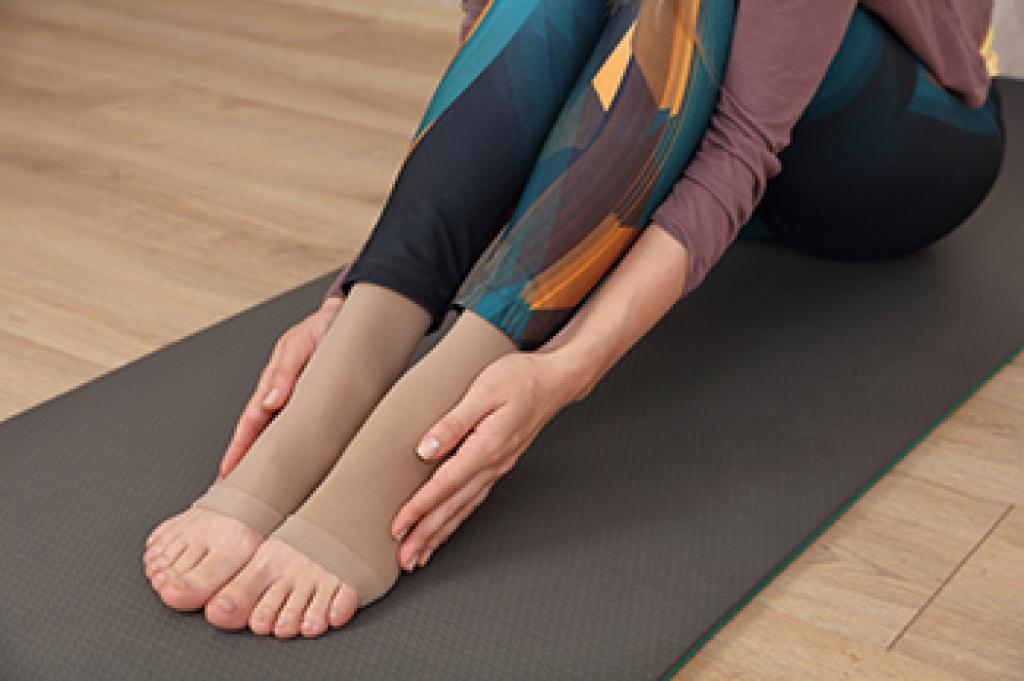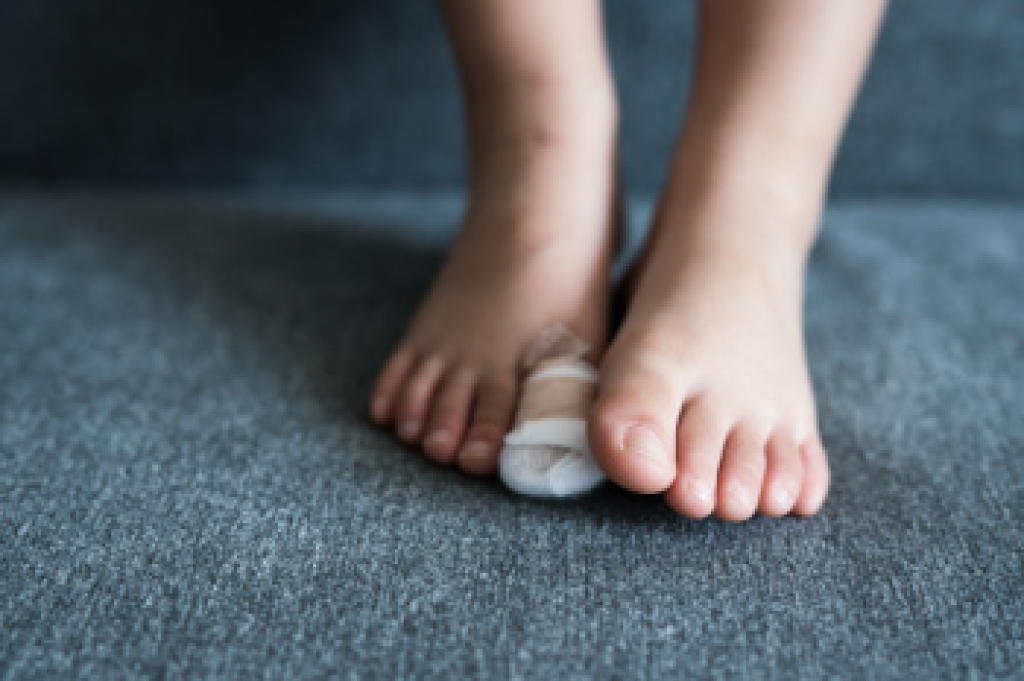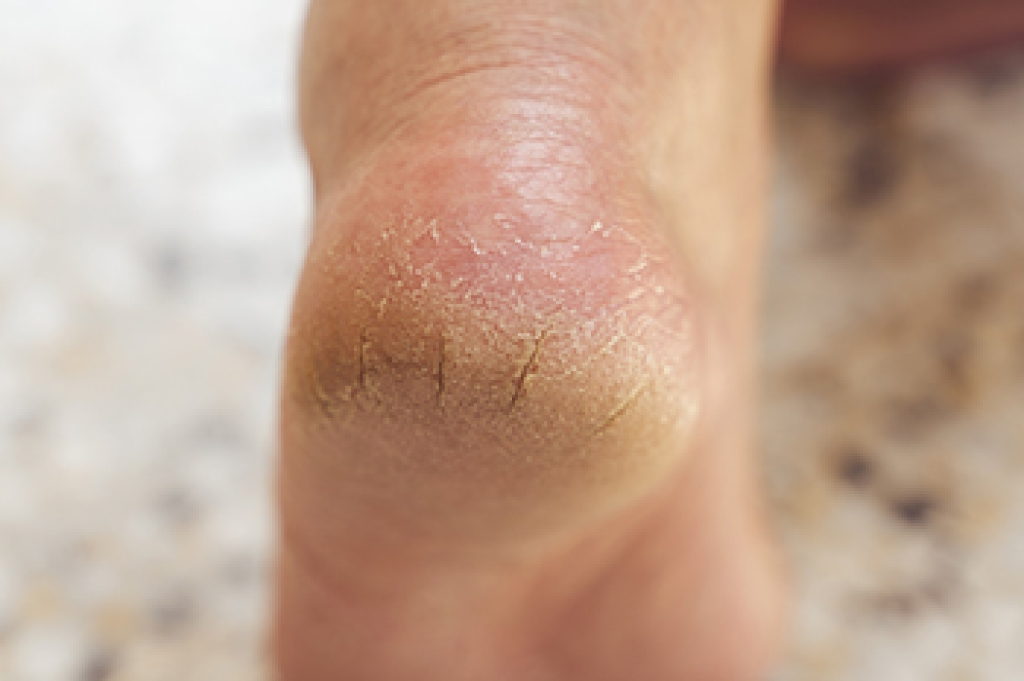
Poor circulation occurs when blood flow through the vessels is reduced, limiting the delivery of oxygen and nutrients to tissues. In the feet, this can lead to slow healing, skin changes, and increased risk of infection. Common symptoms include numbness and tingling, cold hands and feet, swelling, muscle cramps, and the appearance of varicose veins. Causes may include peripheral artery disease, diabetes, and habits such as standing or sitting for prolonged periods of time, which restrict healthy blood flow. Reduced circulation can lead to serious complications, if left untreated. If you have symptoms of poor foot circulation, it is suggested that you consult a podiatrist who can assess circulation, monitor foot health, and recommend appropriate care and lifestyle guidance.
Poor circulation is a serious condition and needs immediate medical attention. If you have any concerns with poor circulation in your feet contact Manisha Mehta, DPM of Detroit, MI. Our doctor will treat your foot and ankle needs.
Poor Circulation in the Feet
Poor blood circulation in the feet and legs is can be caused by peripheral artery disease (PAD), which is the result of a buildup of plaque in the arteries.
Plaque buildup or atherosclerosis results from excess calcium and cholesterol in the bloodstream. This can restrict the amount of blood which can flow through the arteries. Poor blood circulation in the feet and legs are sometimes caused by inflammation in the blood vessels, known as vasculitis.
Causes
Lack of oxygen and oxygen from poor blood circulation restricts muscle growth and development. It can also cause:
- Muscle pain, stiffness, or weakness
- Numbness or cramping in the legs
- Skin discoloration
- Slower nail & hair growth
- Erectile dysfunction
Those who have diabetes or smoke are at greatest risk for poor circulation, as are those who are over 50. If you have poor circulation in the feet and legs it may be caused by PAD and is important to make changes to your lifestyle in order to reduce risk of getting a heart attack or stroke. Exercise and maintaining a healthy lifestyle will dramatically improve conditions.
As always, see a podiatrist as he or she will assist in finding a regimen that suits you. A podiatrist can also prescribe you any needed medication.
If you have any questions, please feel free to contact our office located in Detroit, MI . We offer the newest diagnostic and treatment technologies for all your foot care needs.




